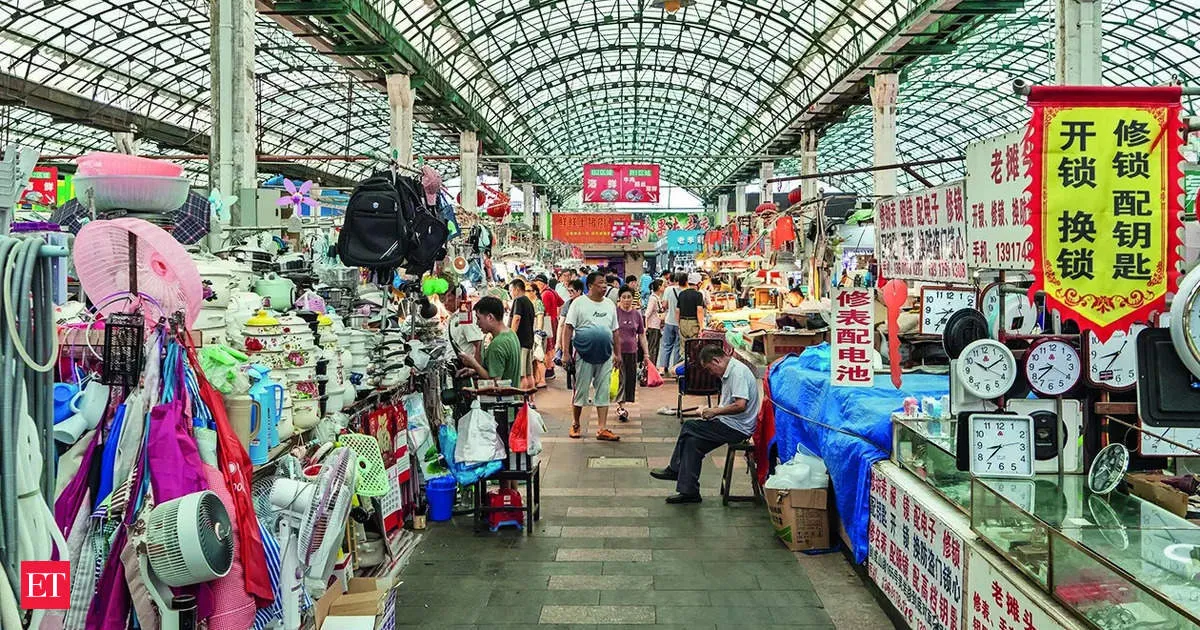The Impact of Pinduoduo on China's Economy and Deflationary Pressures

The Role of Ecommerce in China's Deflationary Landscape
China's economy is grappling with heightened deflation, a trend exacerbated by the influence of Pinduoduo, an ecommerce giant. This platform has become a catalyst for lower prices, pushing many consumers towards a culture of downgraded spending. As traditional retailers struggle, Pinduoduo's model of constant price reduction and consumer discounts highlights the growing tension in the retail sector.
Consumer Behavior and Economic Indicators
- Pinduoduo has redefined shopping habits, making significant discounts the norm.
- Chinese consumers are increasingly wary of spending, affected by a faltering labor market.
- Rhodium Group reveals deflationary trends, with the GDP deflator contracting for five consecutive quarters.
Pinduoduo's Market Dominance and Future Outlook
Having captured a significant share of China's ecommerce market, Pinduoduo's price-cutting strategies have invited comparisons to Amazon's pricing influence, often termed the Amazon Effect. This phenomenon is reshaping how brands interact with consumers, leading to more aggressive pricing tactics among competitors like Alibaba and JD.com.
The Social Implications of Low Pricing
- Consumer trust in brands diminishes as price becomes the predominant factor.
- Traditional retailers face pressure to adapt or risk losing relevance in a changing marketplace.
- Experts warn of a potential long-term derailment of price stability if ecommerce pressures persist.
As the Chinese government considers new fiscal measures to stimulate economic growth, the dynamics within ecommerce will play a pivotal role in shaping the recovery narrative for the world's second-largest economy.
This article was prepared using information from open sources in accordance with the principles of Ethical Policy. The editorial team is not responsible for absolute accuracy, as it relies on data from the sources referenced.